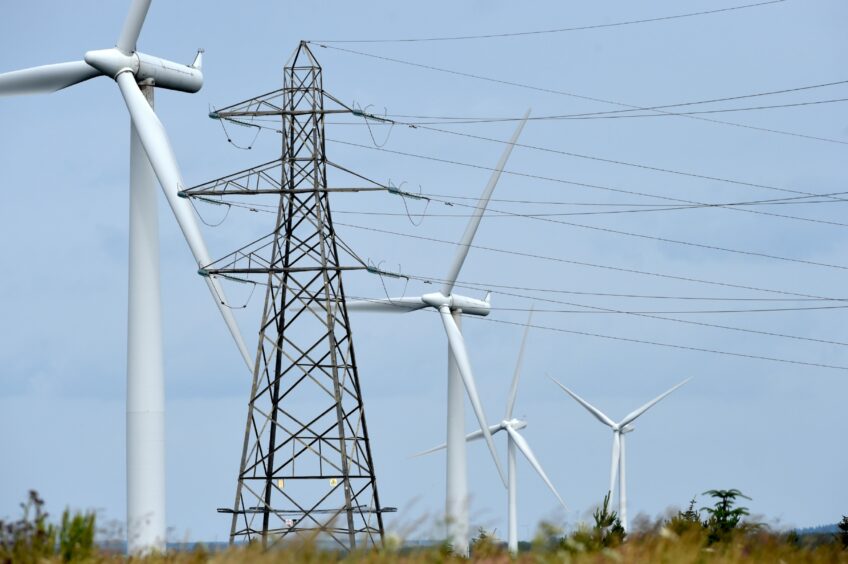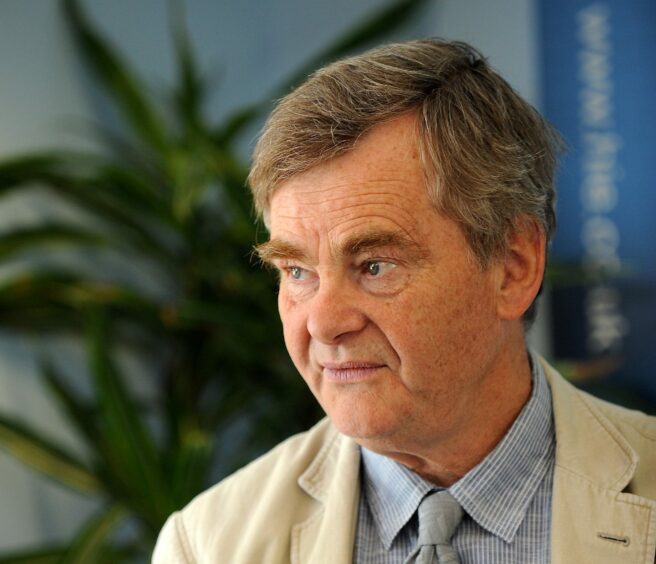
The Westminster government is facing fresh demands to overhaul an electricity subsidy for northern Scotland after its latest review was branded an “insult” and a “whitewash”.
Campaigners have been left frustrated after Tory ministers once again rejected calls for radical reform of the Hydro Benefit Replacement Scheme (HBRS).
Under the initiative, consumers across Britain pay an average of £1 in order to keep average annual bills in northern Scotland about £60 lower than they would be without the support.
But the region still pays the highest costs in the country, contributing to the worst rates of fuel poverty, which have hit even harder during the current cost-of-living crisis.
The crippling bills are a result of soaring energy costs, the colder weather in the north, the lack of alternatives such as gas, as well as a controversial pricing system for distributing electricity that divides the UK into 14 regions.
The north of Scotland region includes the Highlands and Islands, as well as Grampian and Tayside.
Campaigners have long argued for an end to the “postcode lottery” so all UK consumers pay the same for distribution.
Consultation
The HBRS was established in 2005 and the UK Government is required to consult on its future every three years.
Last month, it was announced that the scheme would continue until its next review in 2025.
One of the consultation respondents was the Highlands and Islands Housing Associations Affordable Warmth group, which said the £60 discount is seen by many in the north as “only adding further insult to longstanding injury”.
It highlighted how the Highlands and Islands generates 327% more clean, green electricity than it requires to meet all its own needs, but that this was not reflected in the HBRS.
Group chairman Di Alexander was disappointed by the result of the latest review.
“It’s much the same whitewash they come up with every three years,” he said.
“The HBRS is worth £60 a year to electricity consumers in the north of Scotland which is a fleabite when weighed against the inordinate energy costs that off-gas households have to bear up here.”
In its response, the UK Government said it was “important” that the subsidy did not “eradicate the cost-reflective nature of electricity distribution charges”.
It added that this approach supports the “efficient running of the whole system and therefore minimise overall GB distribution costs”.
‘Inadequate and paltry’
Jamie Stone, Liberal Democrat MP for Caithness, Sutherland and Easter Ross, said: “The government’s dysfunction has proven to be the only thing that can be relied upon through this winter.
“Once again, they are failing the needs of my Highland constituents with an inadequate and paltry subsidy.
“At a time when the cost of living is spiralling and many are struggling to make ends meet, this is simply an insult.
“The UK Government must reform the subsidy and offer a higher level of support.”
The government consultation has also led to confirmation that a “distortion” in the HBRS, which means consumers across Britain have been overcharged to fund the subsidy, will be removed at the “earliest opportunity” through secondary legislation.
The UK Government says it provides £94.9 million of support through the continued HBRS and the Common Tariff Obligation, which is automatically taken off bills.
“We know it is a difficult time for families across the country,” a spokesman said.
“That is why we are covering around half of the typical household’s energy bill this winter.
“In January, we confirmed we’re maintaining the level of support of the Hydro Benefit Replacement Scheme, reducing electricity distribution charges for consumers in the north of Scotland – saving an average of £60 annually for each household in the region.”
Recommended for you

 © SYSTEM
© SYSTEM